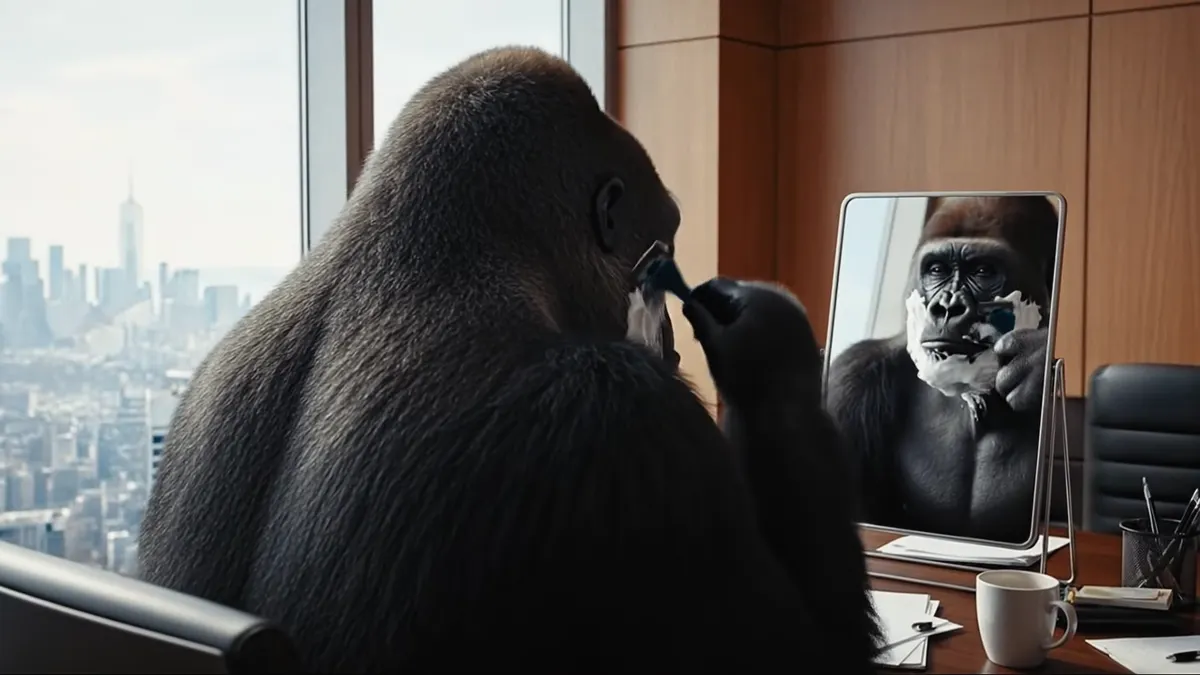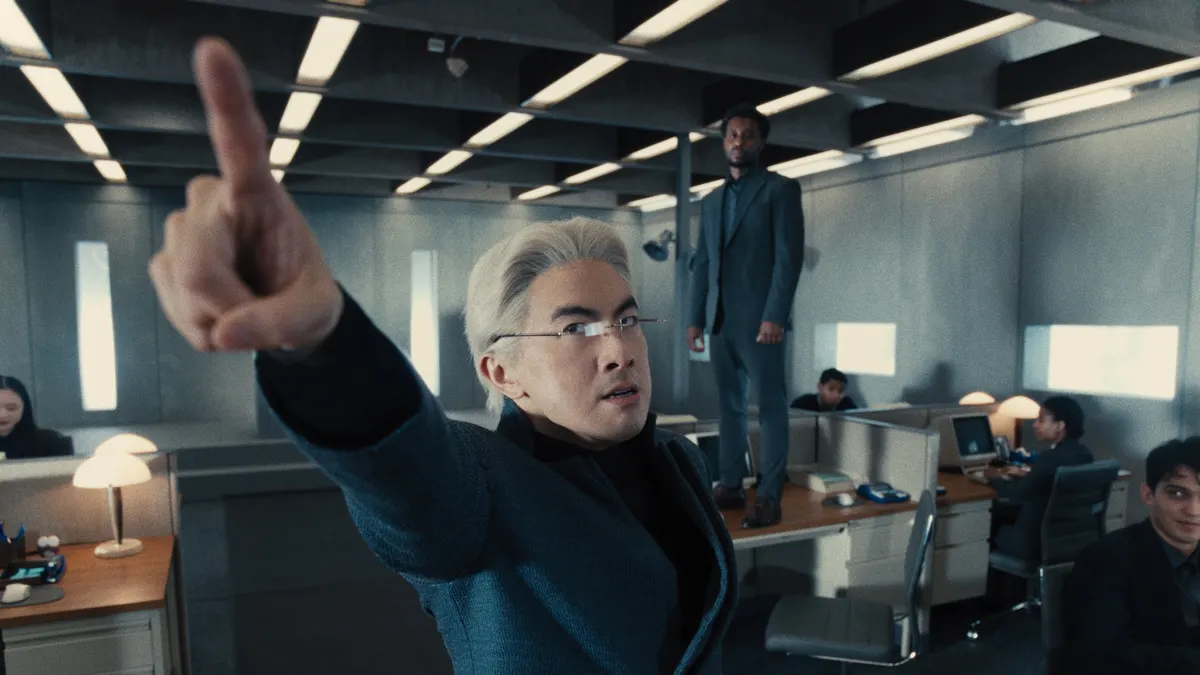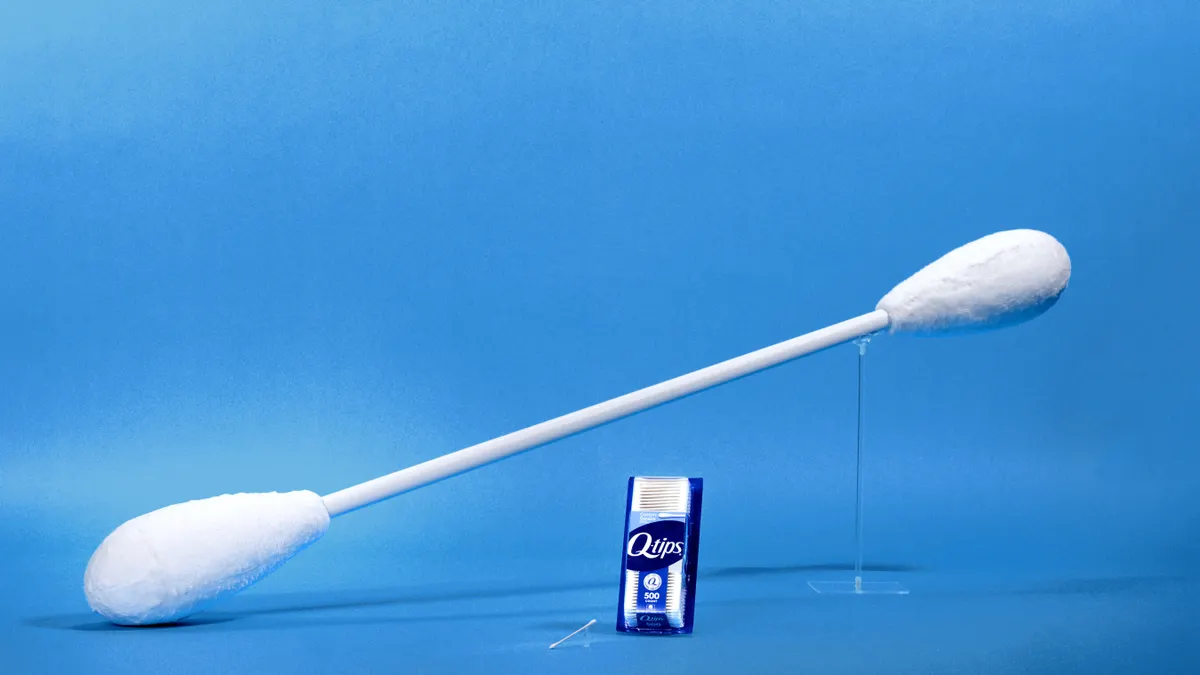Papa John's is looking to rehabilitate its image with a big marketing play, a growing theme in a year where a number of high-profile companies have landed in hot water. Facebook released a pricey ad campaign after the Cambridge Analytica scandal; Uber earlier this week rolled out its biggest-ever marketing push as it forges further into a post-Travis Kalanick era of leadership. But the conundrum facing Papa John's, America's fourth-largest pizza chain by gross sales, is figuring out how to recover from a controversy more directly linked to brand identity, and one that has more sharply compounded existing business pressures.
Unlike Uber's case with an inflammatory executive like Kalanick, Papa John's founder and former CEO John Schnatter is baked into the company name and iconography. Schnatter also served as pitchman for his franchise for years and was, until this summer, ubiquitous on its branding and marketing materials. Unlike Facebook, Papa John's is not worth hundreds of billions of dollars and was already struggling with sales and consumer preference before Schnatter used a racial slur, among other racially charged comments, on a conference call — comments that eventually led him to resign as board chairman, though he's fought to win back influence.
Papa John's this week debuted its boldest marketing effort to date to push past associations with Schnatter, including through a 60-second spot titled "Voices of Papa John's" that shows solidarity with franchisees and other employees and sends the message that a company is not defined by an individual. Early impressions suggest the ads are creating resonance, but just because Papa John's can win back some consumer sentiment in a post-Schnatter era does not mean its future is sunny.
"As of right now, we can see that the latest trending topic within the social conversation is local Papa John's — that is at the heart of their new campaign," Kellan Terry, PR data manager at Brandwatch, which monitors consumer chatter about brands on social media, told Marketing Dive in a phone interview. "But the conversation isn't massive. It's right about where it was before the scandal broke back in July."
A smaller piece of the pie
Terry contrasted Papa John's situation to that of Nike, which recently found itself at the center of controversy after tapping Colin Kaepernick to star in its latest "Just Do It" campaign. Nike experienced intense social media backlash and threats of boycotts from critics angry at the presence of the NFL player who helped to popularize the national anthem protests, but the apparel maker has spun the effort into a sales and awareness win.
The difference between Nike's performance and Papa John's, according to Terry, stems in part from the fact that Nike was already a strong commander of social media attention before any outcry.
"If you have a brand like Nike ... [it] has a daily social conversation that registers tens of thousands, if not hundreds of thousands, of mentions — Nike's social conversation is well-suited to take on the weight of backlash," Terry said. "Other brands don't have that luxury. Looking back at Papa John's before news of [Schnatter's] use of a racial slur in a meeting broke, they would only average a couple thousand mentions a day."
Conversations about Papa John's prior to Schnatter's comments would max out at around 3,700 a day, per Brandwatch data. At the peak of consumer fervor over the controversy, on the day a Forbes report broke news of Schnatter's use of the racial slur, the brand saw over 115,000 mentions, which largely carried negative sentiment. The chatter has since simmered, with sentiment improving due to the new franchisee-focused campaign, but the reach of the recovery effort is not as outsized as its catalyst.
"It's fair to say the conversation is being driven by the new campaign, but it's not causing a massive swell," Terry said.
A tough bottom line
What matters more for Papa John's than sentiment, however, are sales. In that regard, a fresh focus on franchisees might not only be a play at retooling brand messaging, but also keeping internal operations from falling apart.
"The strategic intent here is to win with the franchisees. Since [Schnatter] created this PR crisis, sales have been plunging," Jesse Purewal, a partner at the brand consulting firm Prophet, told Marketing Dive. "If you're an operator these days, you have to ask hard questions about whose brand you're really going to represent to keep your small business running."
Papa John's same-store sales in North America dipped 10.5% in July, when the Schnatter scandal broke, and 6.1% for Q2 overall. Third-quarter same-store sales are expected to be down 10% to 11%, according to a recent report in CNBC. In the report, Stifel analyst Chris O'Cull suggested that Papa John's could shutter up to 250 restaurant locations over the next six months. But, beyond any PR crises, Papa John's operates in a category that's fiercely competitive and increasingly demands technological evolution in mobile ordering, e-commerce and more.
"The business declines are ones that I would put in more of category context. There's a lot of good enough alternatives," Purewal said. "You see relentless innovations from Domino's — we consider [them] a digital company that happens to do pizza."
"You've got your key national [pizza] player and your key neighborhood player — is there room for two of those national players in people's minds?" he added.
The burden will now ultimately fall on franchisees to decide whether they want to continue to innovate on pricing, promotions and technology to support the Papa John's brand name or come to the decision that its baggage is too heavy to sustain. Purewal suggested the company look to how Starbucks recently handled an issue of racial insensitivity, shuttering all of its U.S. stores for a day to put its employees through anti-bias training.
"I think we need to see a move like that from Papa John's where, together with its franchisees, they're redoubling their commitment to consumers and showing how," Purewal said. "A three- or a five-point plan that's a covenant between Papa John's and its franchisees. If they don't show a unified front, that is where the model is going to break."





















